The Constitution Rules: Guiding Rules for a Accountable and Sustainable Future
Associated Articles: The Constitution Rules: Guiding Rules for a Accountable and Sustainable Future
Introduction
On this auspicious event, we’re delighted to delve into the intriguing subject associated to The Constitution Rules: Guiding Rules for a Accountable and Sustainable Future. Let’s weave fascinating data and supply contemporary views to the readers.
Desk of Content material
The Constitution Rules: Guiding Rules for a Accountable and Sustainable Future

The Constitution Rules, a group of moral tips primarily related to the sector of data expertise, signify an important framework for navigating the advanced ethical and societal implications of technological developments. Whereas there is not a single, universally acknowledged "Constitution Rules" doc, the time period encompasses a spread of rules drawn from varied charters, codes of ethics, and philosophical discussions regarding expertise’s influence. These rules, usually overlapping and interconnected, purpose to information the event, deployment, and use of expertise in a accountable and sustainable method, prioritizing human well-being and societal profit.
This text will discover a number of key themes regularly discovered inside the broader idea of Constitution Rules, analyzing their significance and sensible software within the fashionable technological panorama. We’ll delve into the historic context, the core rules themselves, their challenges and limitations, and eventually, their relevance in shaping a future the place expertise serves humanity quite than the opposite approach round.
Historic Context and Evolution:
The necessity for moral tips in expertise is not a current phenomenon. Considerations concerning the societal influence of innovations have existed for hundreds of years, from the Luddite motion’s resistance to industrial equipment to anxieties surrounding the atomic bomb. Nevertheless, the digital revolution and the speedy proliferation of data and communication applied sciences have amplified these considerations dramatically.
The event of the web, synthetic intelligence, biotechnology, and different transformative applied sciences necessitates a proactive strategy to moral issues. Numerous organizations, together with skilled our bodies, governmental companies, and non-profit teams, have responded by formulating codes of conduct, moral frameworks, and charters geared toward guiding the accountable use of expertise. These paperwork usually draw upon current philosophical traditions, incorporating parts of deontology, consequentialism, and advantage ethics.
Examples of influential paperwork that contribute to the broader idea of Constitution Rules embrace the ACM Code of Ethics and Skilled Conduct, the IEEE Code of Ethics, and varied declarations on human rights and digital rights. These paperwork spotlight the significance of things similar to privateness, safety, transparency, accountability, and inclusivity within the design and software of expertise.
Core Rules of the Constitution:
Whereas the particular wording might range throughout totally different charters and codes, a number of core rules persistently emerge as essential for accountable expertise growth and use:
-
Human Nicely-being: That is arguably essentially the most elementary precept. All technological developments ought to finally contribute to enhancing human lives, decreasing struggling, and selling total well-being. This contains contemplating the bodily, psychological, and social impacts of expertise on people and communities.
-
Privateness and Safety: The gathering, use, and storage of non-public information should be carried out responsibly, respecting people’ proper to privateness and guaranteeing the safety of their data. This necessitates strong information safety measures and clear information governance practices.
-
Transparency and Accountability: The processes and algorithms underlying technological programs must be as clear as doable, permitting for scrutiny and accountability. That is essential for constructing belief and stopping the misuse of expertise. Clear strains of duty should be established for the results of technological actions.
-
Inclusivity and Fairness: Technological developments must be accessible and helpful to all members of society, no matter their background, socioeconomic standing, or talents. This requires addressing problems with digital divide and guaranteeing equitable entry to expertise and its advantages.
-
Sustainability: The environmental influence of expertise must be minimized, selling sustainable practices all through the whole lifecycle of technological programs, from design and manufacturing to disposal and recycling.
-
Respect for Human Rights: Technological growth and deployment should all the time respect elementary human rights, together with freedom of expression, freedom of meeting, and the proper to due course of. Expertise shouldn’t be used to violate these rights or to discriminate towards people or teams.
-
Beneficence and Non-Maleficence: This precept, derived from medical ethics, emphasizes the significance of maximizing advantages and minimizing hurt. Technological programs must be designed and utilized in a approach that maximizes their constructive influence and minimizes potential dangers and unfavourable penalties.
-
Professionalism and Competence: These concerned within the growth and deployment of expertise ought to possess the required abilities and data to take action responsibly. This contains adhering to skilled codes of ethics and interesting in steady studying and growth.
Challenges and Limitations:
Regardless of the significance of Constitution Rules, their implementation faces a number of important challenges:
-
Technological Complexity: The speedy tempo of technological development usually outpaces the event of moral frameworks and regulatory mechanisms. This makes it tough to anticipate and handle the potential dangers and moral dilemmas related to new applied sciences.
-
International Governance: The worldwide nature of expertise makes it difficult to determine universally accepted moral requirements and regulatory frameworks. Completely different nations and cultures might have totally different values and priorities, making it tough to realize consensus on moral tips.
-
Enforcement and Accountability: Even when moral tips are established, imposing them and holding people and organizations accountable for violations could be tough. This requires strong regulatory mechanisms and efficient enforcement procedures.
-
Balancing Competing Values: Completely different Constitution Rules can generally battle with one another. For instance, the pursuit of safety might necessitate sacrificing some points of privateness. Discovering the proper stability between competing values requires cautious consideration and moral judgment.
-
Bias and Discrimination: Technological programs can mirror and amplify current biases and discrimination in society. Addressing these points requires cautious consideration to the design and implementation of expertise, guaranteeing equity and fairness.
Relevance in Shaping the Future:
The Constitution Rules will not be merely summary beliefs; they’re important for shaping a future the place expertise serves humanity in a constructive and sustainable approach. Their sensible software requires a multi-faceted strategy involving:
-
Training and Consciousness: Selling moral consciousness amongst builders, customers, and policymakers is essential. This contains integrating moral issues into schooling and coaching applications.
-
Regulation and Coverage: Governments and worldwide organizations must develop and implement efficient regulatory frameworks to make sure the accountable growth and use of expertise.
-
Business Self-Regulation: Business our bodies {and professional} organizations can play an important function in selling moral practices and establishing codes of conduct for his or her members.
-
Public Engagement and Dialogue: Open and inclusive public dialogue is important for shaping moral tips and guaranteeing that expertise growth displays societal values and priorities.
-
Technological Auditing and Evaluation: Common audits and assessments of technological programs will help determine and handle potential moral dangers and vulnerabilities.
In conclusion, the Constitution Rules signify an important framework for navigating the advanced moral panorama of the digital age. Whereas challenges stay of their implementation, their continued growth and software are essential for guaranteeing that expertise contributes to a extra simply, equitable, and sustainable future for all. The continuing dialog surrounding these rules, involving technologists, ethicists, policymakers, and the general public, is important for shaping a accountable and helpful relationship between humanity and expertise. The long run is dependent upon our collective dedication to those elementary rules, guaranteeing that expertise stays a software for human progress, not a menace to it.
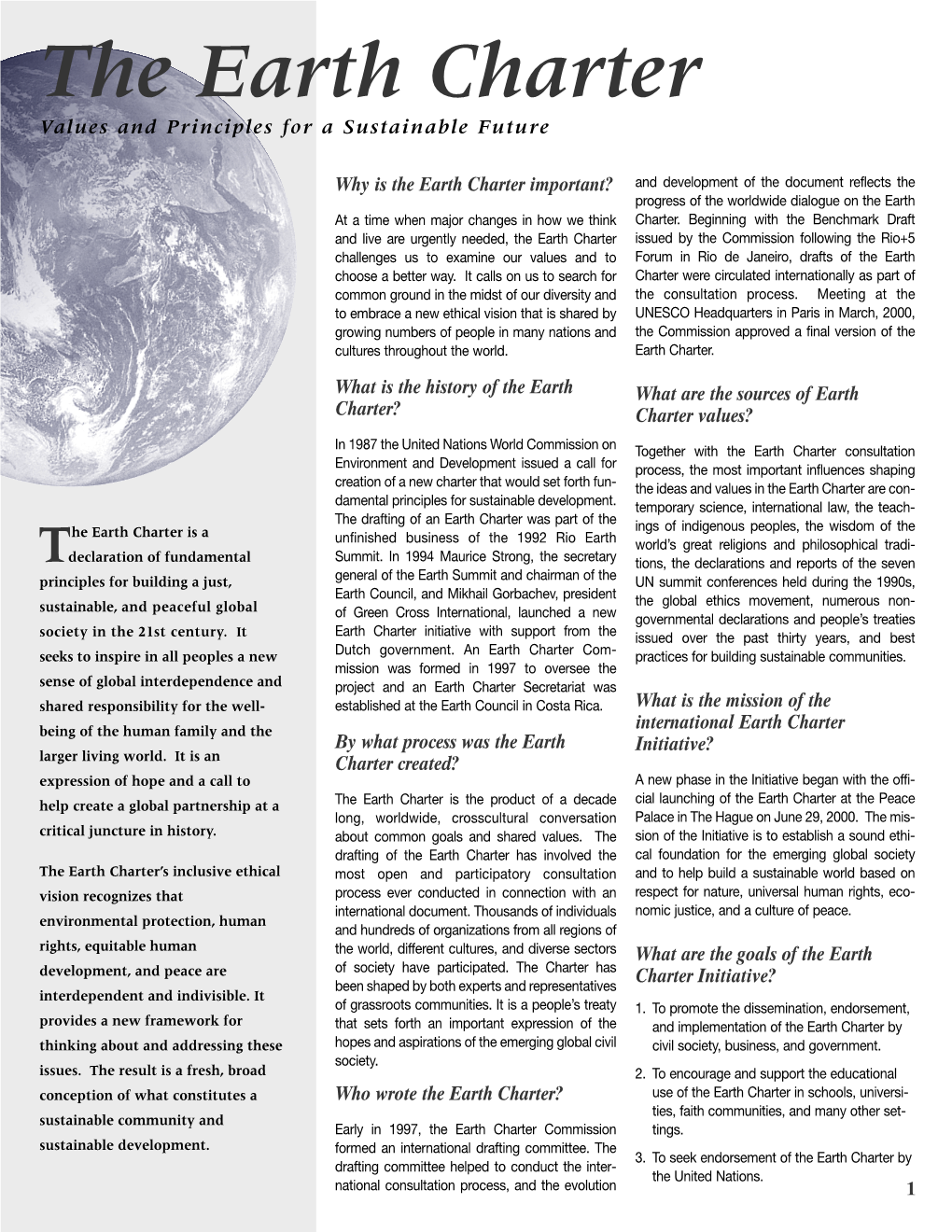
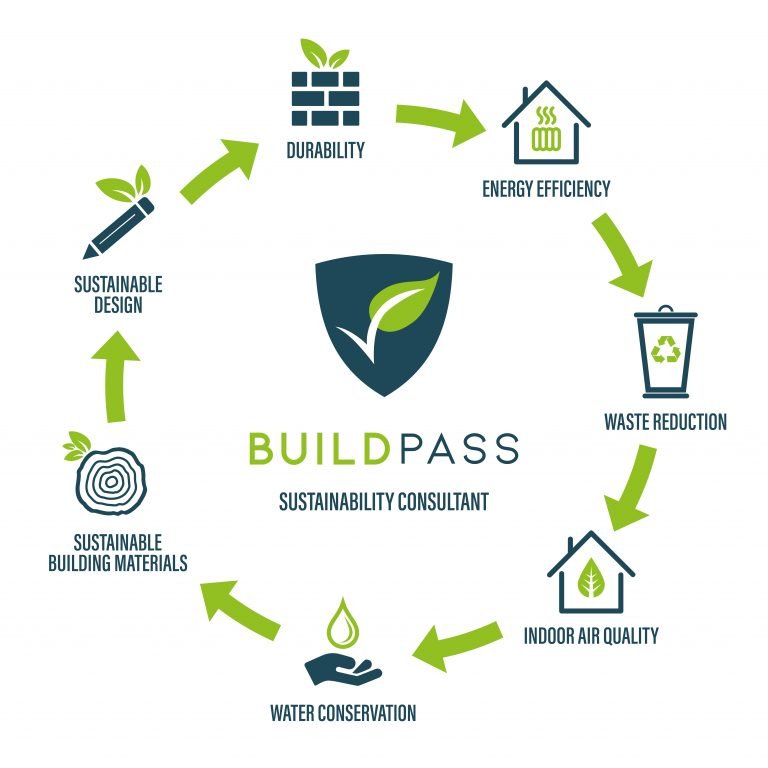
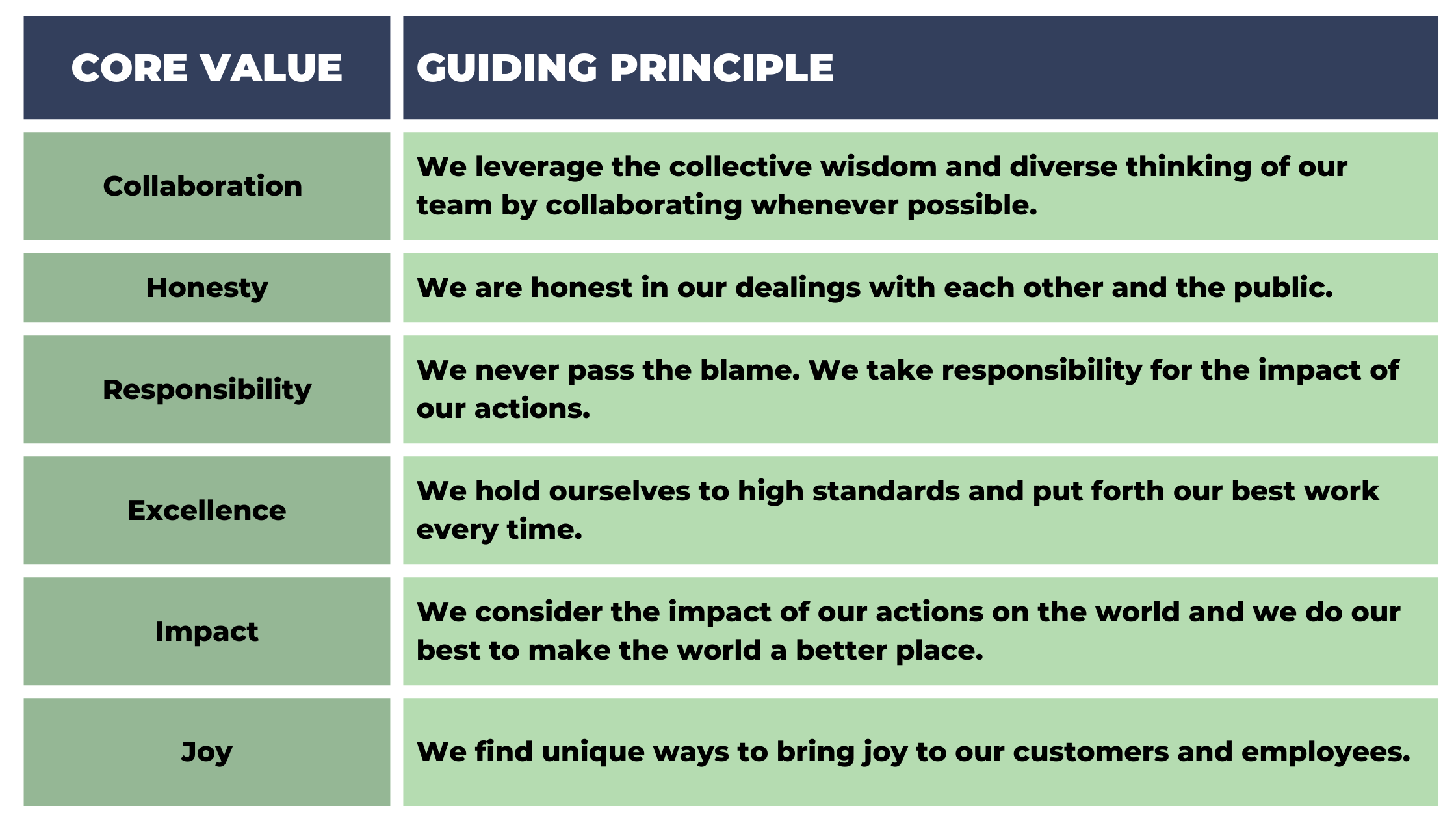.png?format=1000w)

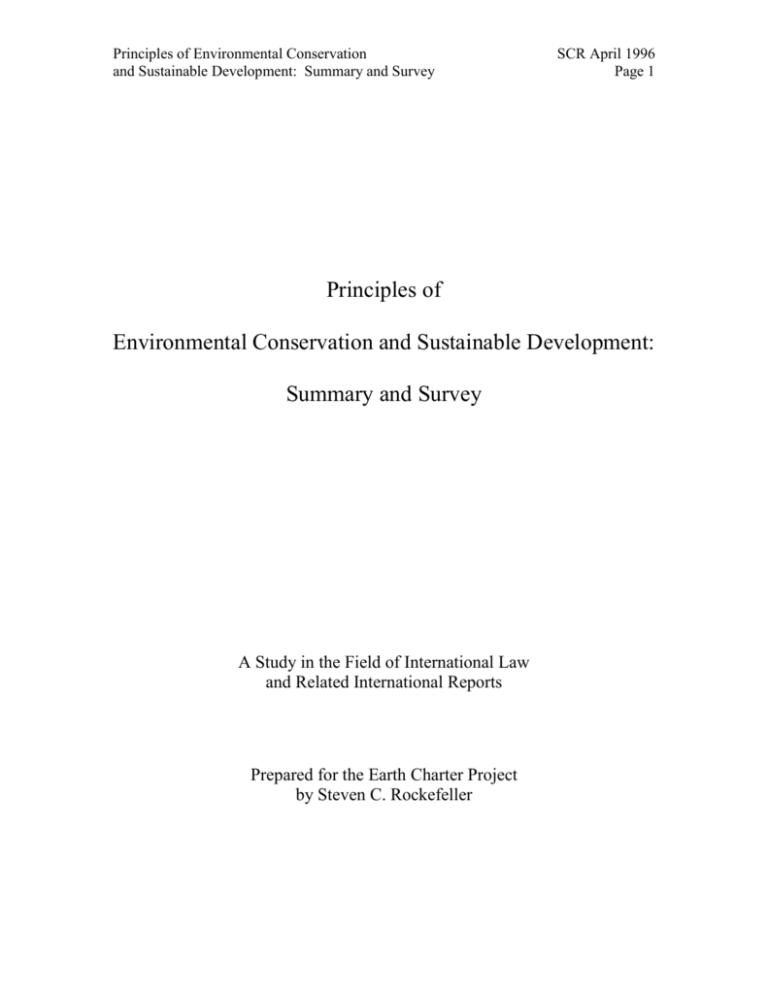
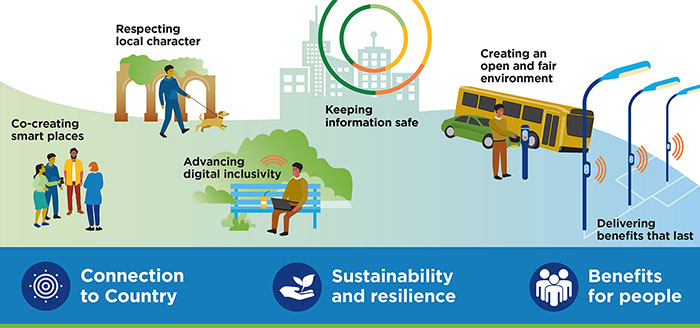


Closure
Thus, we hope this text has supplied precious insights into The Constitution Rules: Guiding Rules for a Accountable and Sustainable Future. We hope you discover this text informative and helpful. See you in our subsequent article!